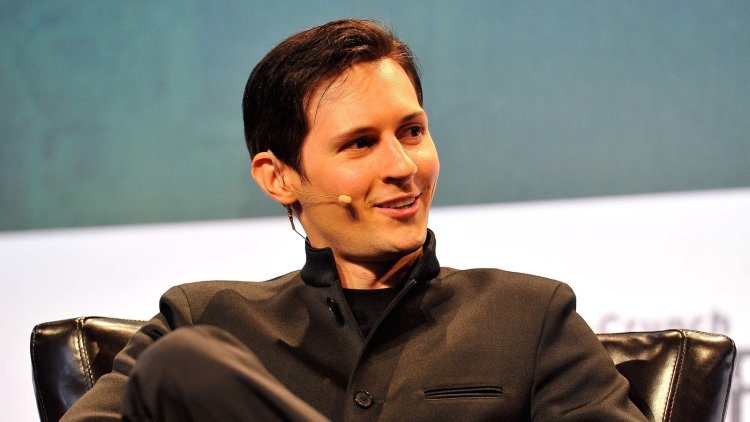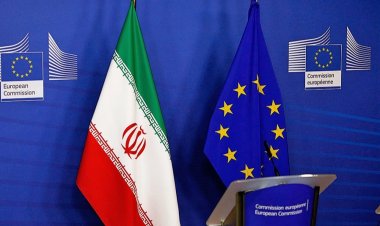Telegram CEO “Pavel Durov” Arrested in France

Telegram chief executive Pavel Durov has been arrested by French police at an airport north of Paris.
Durov was detained after his private jet had landed at Le Bourget Airport, French media reported.
According to officials the 39-year-old billionaire was arrested under a warrant for offenses related to the popular messaging app. The investigation is reportedly about a lack of moderation, with Durov accused of failing to take steps to curb criminal uses of Telegram.
The app is accused of failure to cooperate with law enforcement over drug trafficking, child sexual content and fraud. Telegram has previously denied having insufficient moderation.
Pavel Durov was born in Russia and now lives in Dubai, where Telegram is based. He holds dual citizenship of the United Arab Emirates and France.
Telegram is ranked as one of the major social media platforms after Facebook, YouTube, WhatsApp, Instagram, TikTok and Wechat.
Durov founded Telegram in 2013. He left Russia in 2014 after refusing to comply with government demands to shut down opposition communities on his VKontakte social media platform, which he sold.
The Russian Embassy in France wrote on Facebook that it was seeking to "clarify the reasons for the detention and to provide for the protection of Durov’s rights and facilitate consular access".
X owner Elon Musk, who has faced extensive criticism over moderation and material hosted by his own social media site, posted repeatedly about the situation.
He hashtagged one post #freepavel.
Telegram allows groups of up to 200,000 members, which critics have argued makes it easier for misinformation to spread, and for users to share conspiracist, neo-Nazi, paedophilic, or terror-related content.
Telegram did remove some groups, but overall its system of moderating extremist and illegal content is significantly weaker than that of other social media companies and messenger apps, say cybersecurity experts.















